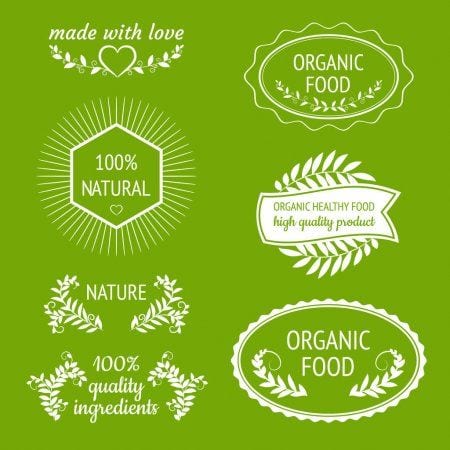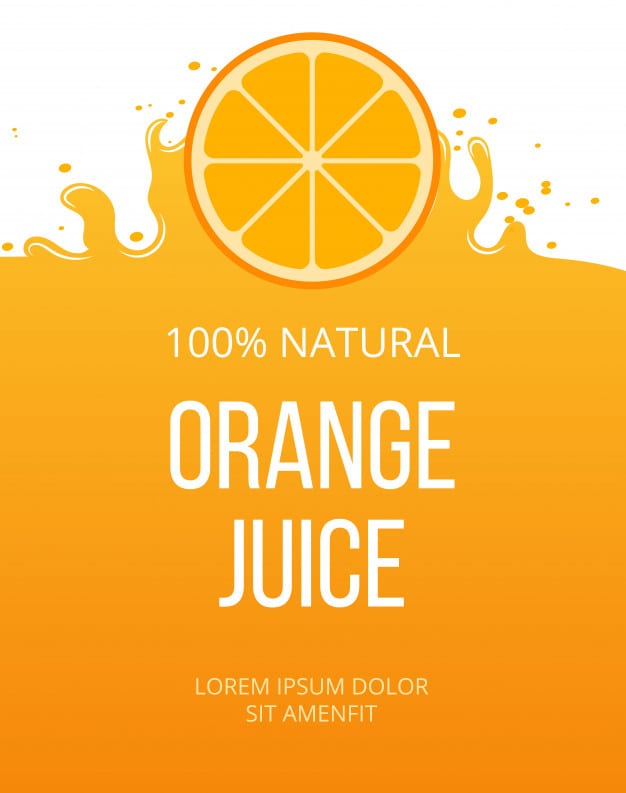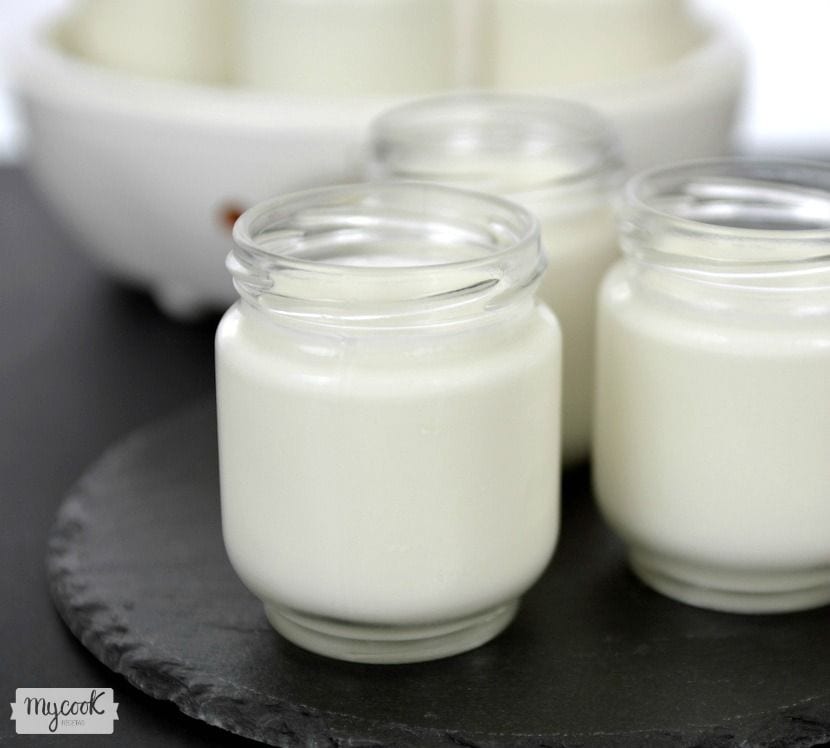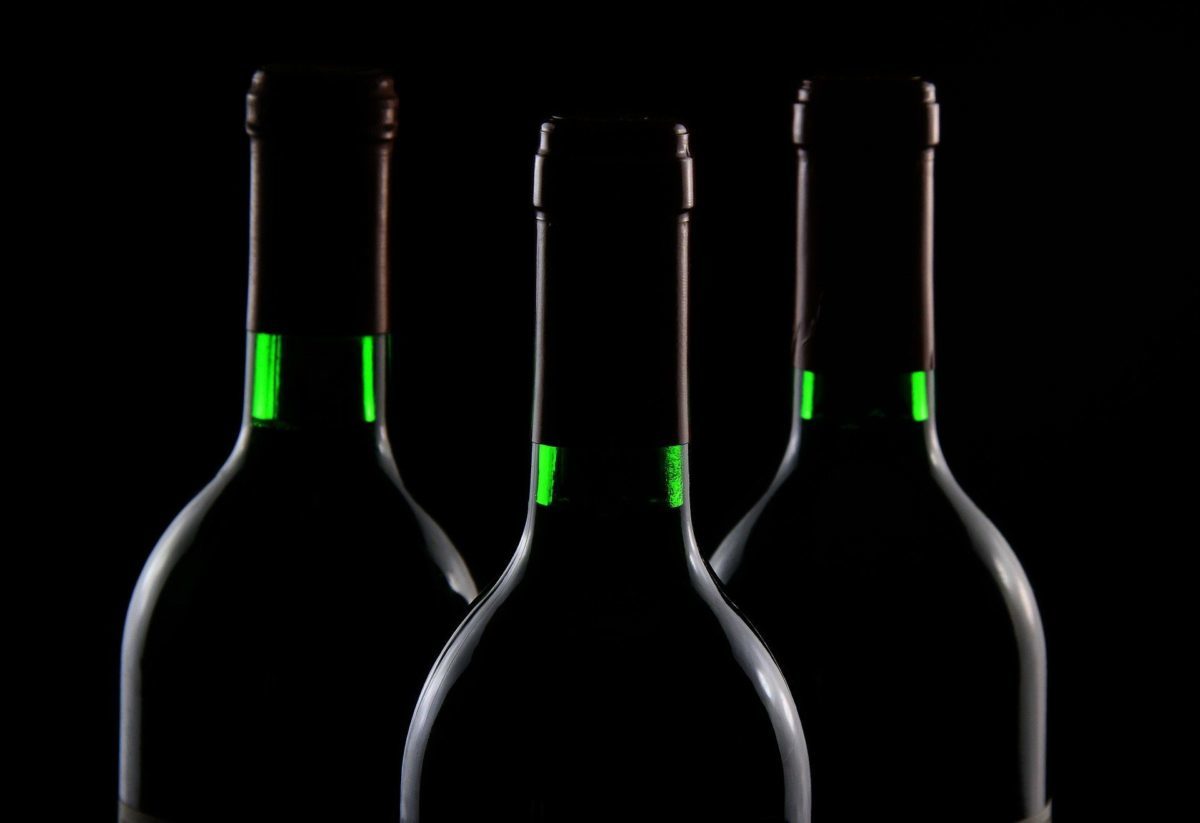More and more consumers are seeking to include recipes that are beneficial to their health in their regular diets. This is why a large number of food retailing companies are marking their products with the natural labeling. But Is it used correctly? Some of the European institutions denounce the misuse of this term by manufacturers to generate more sales. Next, you will discover some of the dangers of misplacing this designation. As well as the lack of legislation at a continental level on products that must be classified as "natural". Check it!
Application for natural labeling
As sure you have already heard the word "natural" it is the order of the day in most supermarkets. But the European Union is putting in place certain mechanisms to end the fraudulent practices in the use of this denomination. And it is that the use of this term is considered a deception that is becoming more and more general. This is so because most of the times the natural labeling on a product is wrong, as it has no legal definition.
In fact, the term has been abused for more than a decade. Therefore, a group of 30 MEPs has signed a letter requesting that a legal definition of this adjective be established in food products. Although similar precedents already exist, as is the case with United States, where, despite the work of many experts, no positive results have yet been reached.

Why is regulation necessary?
The non-existence of the legal definition puts in risk the change to healthy and sustainable diets. Since, attached to this term, manufacturers use words like homemade or artisan to promote features that are not applicable to the product to be sold. And it is that, for many of us, the meaning of natural has positive connotations. Well, food comes to mind without additives, with minimal processing and without synthetic substances.
For this reason, it is not possible to consider natural products to all those that in their list of ingredients appear some type of preservatives, additives, colorants or thickeners, among others. And it is that, from time to time, the debate on the use of the term natural returns to the foreground, but you hardly get anything.
See this post on Instagram
Recommendations for the use of natural labeling
Not having yet no order at European level, the best recommendation currently is to use the concept of "natural" with common sense and logic. What you want to achieve is not to generate confusion for the consumer and not to violate Regulation 178/2002, which says that the labeling, advertising and presentation of food shall not mislead to buyers.
And it is that all this places us in a quite complex position. On the one hand, we find consumers who are demanding many more natural foods. And on the other, the interests of the producers, which looking for a bigger sale of their products. And, of course, coupled with all this, the difficulties of putting the fusion of both points, so that both parties benefit.

What is your situation in Spain?
Currently, and as explained by the food safety expert Beatrice Robles, the use of the word "natural" in the labeling is only regulated in four cases:
- In what has to do with yogurts to distinguish those we know as "natural".
- In the category of preserves to refer to "natural" preserves, that is, they do not contain oils or vinegars.
- To refer to origin of a certain nutrient. For example, in formulas such as naturally low fat or naturally high in protein.
- To refer to Natural fragrance.
But, as in the rest of the European Union, that denomination understood as the absence of synthetic substances or little processed foods, it is not legislated.

It is clear that we are all interested in having a much healthier diet and including products with great nutritional benefits in our recipes. But we have to try look at the details of the components of the desired food. Did you know the faults that the natural labeling? Get informed!






